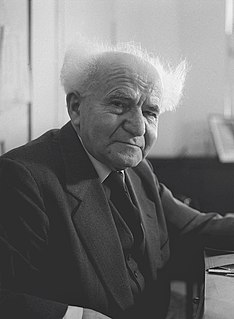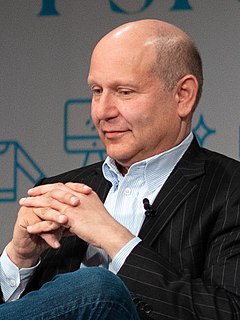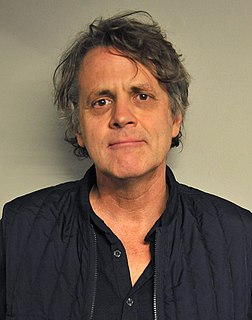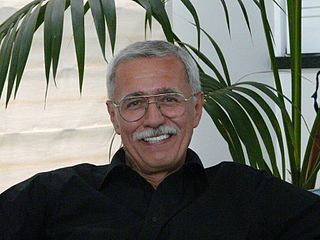A Quote by Walt Disney
Animation is different from other parts. Its language is the language of caricature. Our most difficult job was to develop the cartoon's unnatural but seemingly natural anatomy for humans and animals.
Related Quotes
We believe we can also show that words do not have exactly the same psychic "weight" depending on whether they belong to the language of reverie or to the language of daylight life-to rested language or language under surveillance-to the language of natural poetry or to the language hammered out by authoritarian prosodies.
A partial Jewish State is not the end, but only the beginning. ... I am certain that we will not be prevented from settling in the other parts of the country, either by mutual agreements with our Arab neighbors or by some other means. . . [If the Arabs refuse] we shall have to speak to them in a different language. But we shall only have another language if we have a state.
Not only are animals unable to avail themselves of language to assert their own rights, but many fewer humans have a clear sense of kinship with animals than have a clear sense of kinship with other humans. Among beings with subjective states of awareness, animals are the untouchable caste, those whom human others would rather not acknowledge, let alone render assistance.
If language naturally evolves to serve the needs of tiny rodents with tiny rodent brains, then what's unique about language isn't the brilliant humans who invented it to communicate high-level abstract thoughts. What's unique about language is that the creatures who develop it are highly vulnerable to being eaten.
When humans act like animals, they become the most dangerous of animals to themselves and other humans, and this is because of another critical difference between humans and animals: Whereas animals are usually restrained by the limits of physical appetites, humans have mental appetites that can be far more gross and capacious than physical ones. Only humans squander and hoard, murder and pillage because of notions.
The most fun is to inhabit the world where cartoon physics is king. And that just means that things move with kind of an energy and exaggeration and appeal that is different from what we see in our world. We're bound by, at least, Newton's Laws of physics here and in animation we're not. So, director's can be extremely eccentric, you can sculpt motion in animation in a way that you just can't do any other way. In any other performance medium.


































